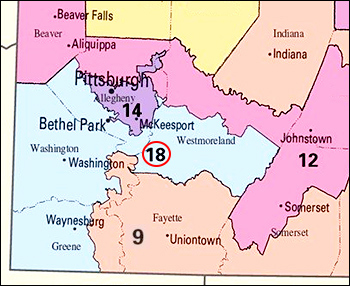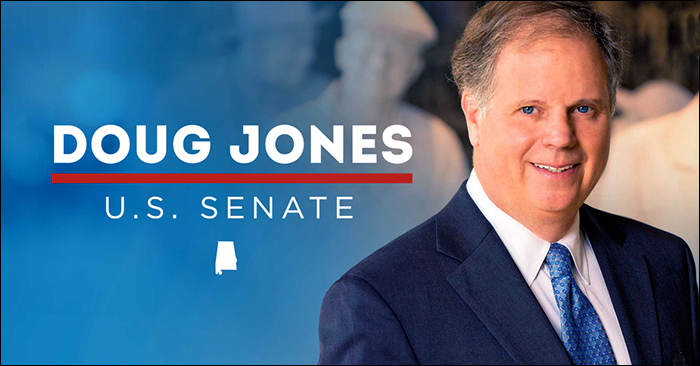By Jim Ellis

Former Pennsylvania Assistant US Attorney Conor Lamb (L) | Former Pennsylvania Rep. Rick Saccone (R)
— The Keystone State special congressional election was held yesterday, as southwestern Pennsylvania voters went to the polls to choose a replacement for resigned Rep. Tim Murphy (R-Pittsburgh).
Before PA-18 Election Day, Democrats appeared to have the better candidate in the person of attorney Conor Lamb, whose grandfather was a former state House Democratic leader and uncle is the Pittsburgh City Controller.
Simultaneously, this election carried major national ramifications, yet the winner’s success might be short-lived, when one can be identified, which likely will take a day or two longer. With 100 percent of the vote in, Lamb leads Republican state Rep. Rick Saccone (R-Canonsburg) 113,111 (49.8 percent) to 112,532 (49.6 percent) a difference of only 579 votes as of this writing. Absentee and provisional ballots are still being counted. So there’s a chance that Saccone could overtake Lamb, however, that’s unlikely.
Democrats predicted victory before yesterday’s election, citing polls showing Lamb holding a slight lead over Saccone. The last survey, coming from Monmouth University (March 8-11; 372 likely PA-18 voters), gave Lamb leads of two to seven points, depending upon the overlaid turnout model. Obviously, the more energized and aggressive Democratic participation model gave Lamb the stronger edge. Under a low turnout model, the lead dropped to two points. Pennsylvania is one of 13 states that has no early voting system, so there were no tangible pre-election turnout indicators for this contest.
The Lamb campaign approached $5 million in dollars raised for the race versus Saccone directly commanding resources in the $1 million range. The national Republican Party organizations and conservative groups entered the district to even the spending, so it’s likely we’ll see total combined expenditures approach or exceed the $15 million mark.
Continue reading →






